RPB Launches Low Vision Research Initiative

More and better adaptive devices are needed to help the increasing number of people with low vision.
NEW YORK, NEW YORK -- Research to Prevent Blindness (RPB) is launching a new research initiative to address urgent needs in understanding and treating low vision. The $1.2 million, two-pronged initiative involves funding partnerships with Lions Clubs International Foundation (LCIF) and Reader's Digest Partners for Sight Foundation (RDPFS). Low vision is among the 10 most common causes of disability in the U.S., with the National Eye Institute (NEI) estimating that three million people in the U.S. have low vision.
"Low vision is a major, neglected and specific condition with a variety of causes and a common outcome: permanently reduced vision that cannot be improved with regular eyeglasses, contact lenses, medicine or surgery, causing difficulty in everyday activities of living such as reading, walking and making a meal," says RPB President Brian F. Hofland, PhD. "With these grants we are asking leading scientists to address complex aspects of degraded visual processing with the goal of expanding key knowledge, developing new treatment approaches, and generating technology solutions to enhance vision for those with some remaining sight."
Both partnership grants are intended to provide seed funding for high-risk/high-gain, innovative, cutting-edge research which demonstrates out-of-the-box thinking.
 The $300,000 RPB/Lions Clubs International Foundation Low Vision Research Award, to be given annually for the next three years, targets damage to the visual system.
The $300,000 RPB/Lions Clubs International Foundation Low Vision Research Award, to be given annually for the next three years, targets damage to the visual system.
"RPB and LCIF were also partners in the late 1960s in the effort that created the NEI," says Hofland. "We are extremely pleased to be working together again to target fundamental gaps in current knowledge in the field of low vision."
Some of the issues awardees will be challenged to tackle are: What happens to degraded visual input and how is it processed? What are the adaptive strategies in the visual pathway in response to visual impairment? How does the brain re-organize itself in response to visual system damage? How can the visibility of objects be enhanced?
"LCIF has a long history of offering programs to help those whose sight is compromised but correctable," says Joe Preston, Chairperson, LCIF Board of Trustees. "By entering into this research grant partnership with RPB, LCIF is expanding its capacity while remaining true to one of our core commitments – ensuring the gift of sight. This is a very timely opportunity for us because, as baby boomers are aging, there is a dramatic rise in the prevalence of eye disorders that produce low vision. Our aim is to stay ahead of the curve in expanding knowledge and finding solutions."
 The RPB/Reader's Digest Partners for Sight Foundation Innovations in Technology Low Vision Research Award will provide up to $100,000 over one year and will be awarded in each of three years to promote the development of assistive devices for persons with low vision. The award will support solutions for persons with remaining functional vision rather than those who are totally blind, with a focus on mobile and/or wearable innovations that can be implemented on multiple platforms, such as electronic tablets or phones. It will also support environmental adaptations which can improve a visually impaired individual's ability to perform a daily living activity.
The RPB/Reader's Digest Partners for Sight Foundation Innovations in Technology Low Vision Research Award will provide up to $100,000 over one year and will be awarded in each of three years to promote the development of assistive devices for persons with low vision. The award will support solutions for persons with remaining functional vision rather than those who are totally blind, with a focus on mobile and/or wearable innovations that can be implemented on multiple platforms, such as electronic tablets or phones. It will also support environmental adaptations which can improve a visually impaired individual's ability to perform a daily living activity.
"At the Reader's Digest Partners for Sight Foundation we believe that blind and visually impaired persons should have the tools and resources necessary to lead independent, productive lives," says Susan Olivo, Executive Director. "This partnership with Research to Prevent Blindness fits perfectly with our funding model of supporting non-profit organizations that share our philosophy. We are particularly interested, in this case, in funding interdisciplinary collaborations that bring together technical expertise coupled with real-life experience with persons with low vision."
Says Hofland: "The RPB Board of Trustees has made a strategic decision to leverage our resources by creating partnerships with organizations whose missions align with RPB's. With these two prominent and respected organizations as partners, we expect to make a difference for millions of people whose quality of life is significantly and negatively impacted by this often neglected condition."
For the RPB/ RDPFS Innovations in Technology Low Vision Research Award, preliminary applications are due October 19, 2015. For the RPB/LCIF Low Vision Research Award, nominations are due no later than December 15. Applications will be initially evaluated by RPB/RDPFS and RPB/LCIF Review Committees based on innovation and potential significance for the low vision field, as well as on a candidate's qualifications to carry out the proposed research. Guidelines, application forms and grant contact information are available at www.rpbusa.org in the Grants section under Low Vision Awards.
# # #
Low vision refers to chronic vision impairment that is not correctable by eyeglasses, contact lenses, medicines or surgery, causing difficulty in common tasks of daily living such as reading, mobility (both walking and driving) and recognizing people and objects. Many eye disorders can lead to low vision, including age-related macular degeneration, glaucoma, and diabetic retinopathy. Injury to the eye or to a portion of the brain involved in sight can also produce low vision. The National Eye Institute estimated that nearly 3 million people in the U.S. had low vision in 2010 with projections that this number would increase to nearly 5 million in 2030 and 9 million in 2050.
Research to Prevent Blindness (RPB)
RPB's mission is to preserve and restore vision by supporting research to develop treatments, preventives and cures for all conditions that damage and destroy sight. Since it was founded in 1960, RPB has channeled hundreds of millions of dollars into eye research, initiated and coordinated the creation of the National Eye Institute and fostered the development of the nation's leading vision labs and scientists. As a result, RPB has been identified with nearly every major breakthrough in vision research in that time. www.rpbusa.org
Lions Clubs International Foundation (LCIF)
LCIF is the charitable service arm of Lions Clubs International, the largest service club organization in the world. Lions Clubs International is 1.4 million members strong and present in 46,000+ clubs serving communities in more than 200 countries and geographical areas around the globe. Since 1917, Lions clubs have aided the blind and visually impaired, championed youth initiatives and strengthened local communities through hands-on service and humanitarian projects. For more information about Lions Clubs International and the foundation, visit www.lionsclubs.org.
Reader's Digest Partners for Sight Foundation (RDPFS)
RDPFS is dedicated to increasing the self-reliance and dignity of blind and visually impaired persons. A respected funder in the field, RDPFS is also the publisher of Select Editions Large Type books and a co-sponsor of visionaware.org, the premier online resource for people coping with vision loss. www.rdpfs.org
August 4, 2015
Related News: Grants, Low Vision
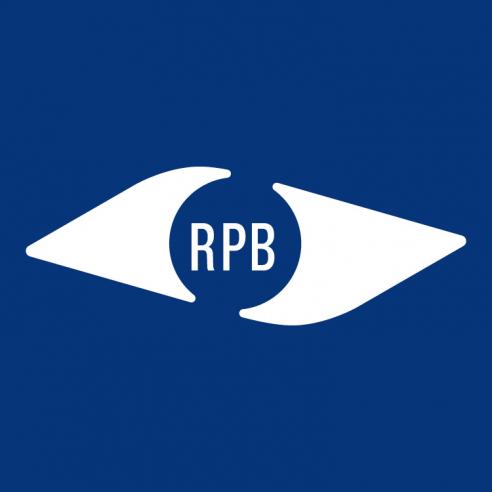
Research to Prevent Blindness Opens Applications for Vision Research Grants
The awards offered cover a wide variety of topics in vision science, including glaucoma, age-related macular degeneration, retinal diseases, and many more.
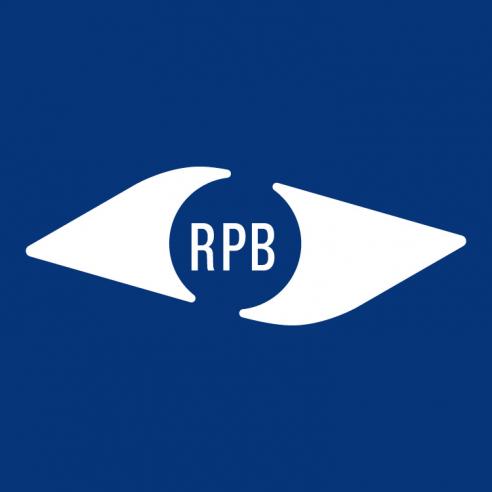
Research to Prevent Blindness and the American Academy of Ophthalmology Award Big Data Research Grants for Improved Patient Care
The American Academy of Ophthalmology (AAO) and Research to Prevent Blindness (RPB) today announced the 2023 recipients of the RPB/AAO Award for IRIS Registry Research.
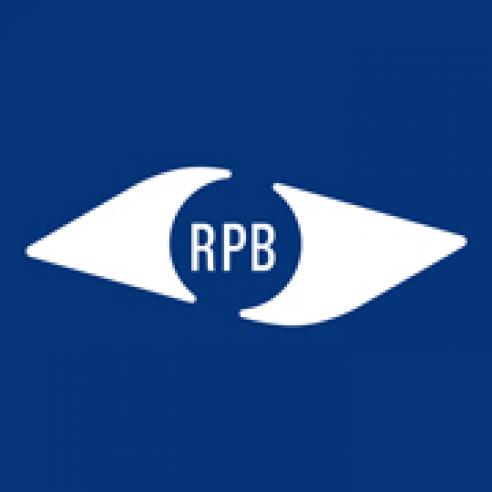
Research to Prevent Blindness Announces New Sight-Saving Vision Research Grants
RPB launches awards in data science and Diabetic Eye Disease.
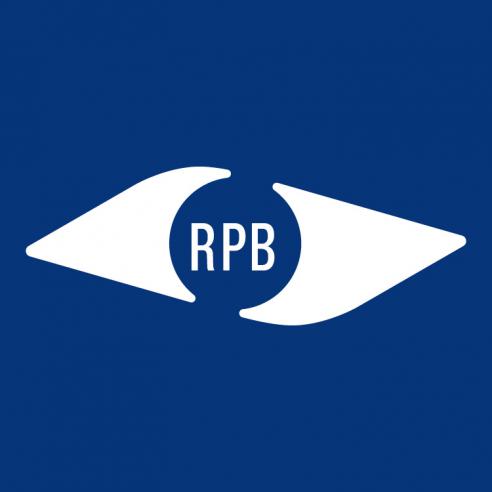
Research to Prevent Blindness and American Academy of Ophthalmology Award Grants for Big Data Research to Improve Patient Care
Award recipients to use IRIS Registry database to improve diagnosis and treatment of eye disease
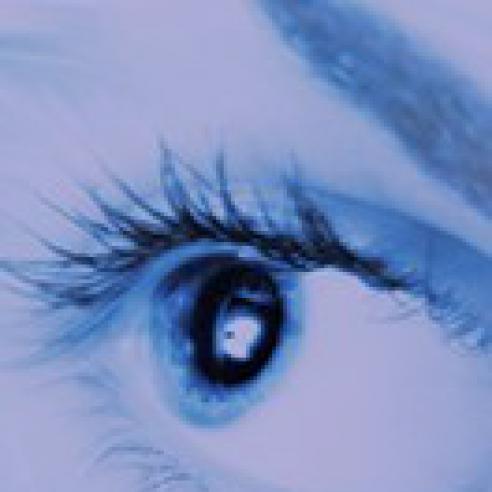
RPB HOSTS VIRTUAL EVENT ON LOW VISION
The online event featured RPB grantees and is now available to view on demand.
Subscribe
Get our email updates filled with the latest news from our researchers about preventing vision loss, treating eye disease and even restoring sight. Unsubscribe at any time. Under our privacy policy, we'll never share your contact information with a third party.
| General Info | Grants | News & Resources |




